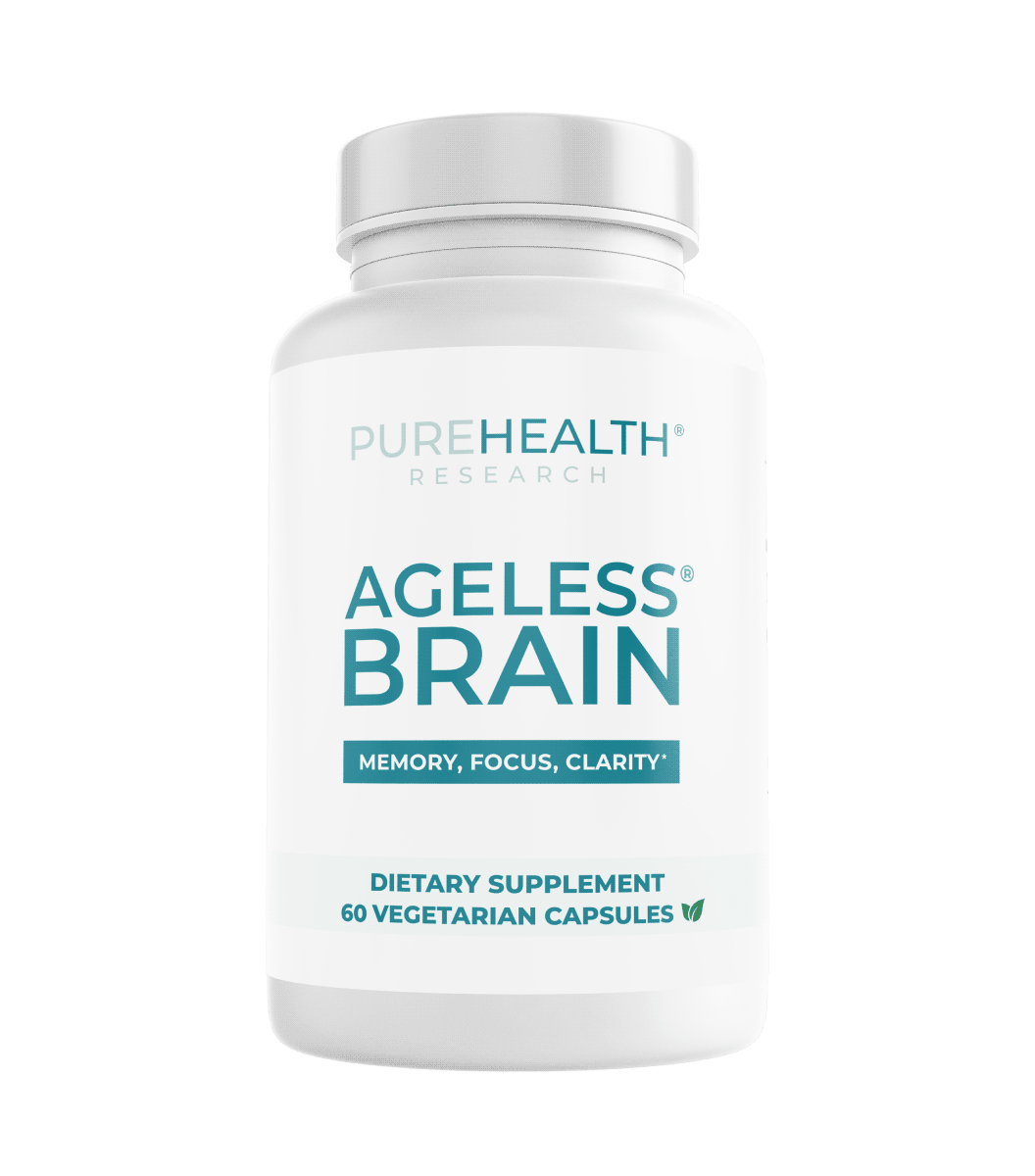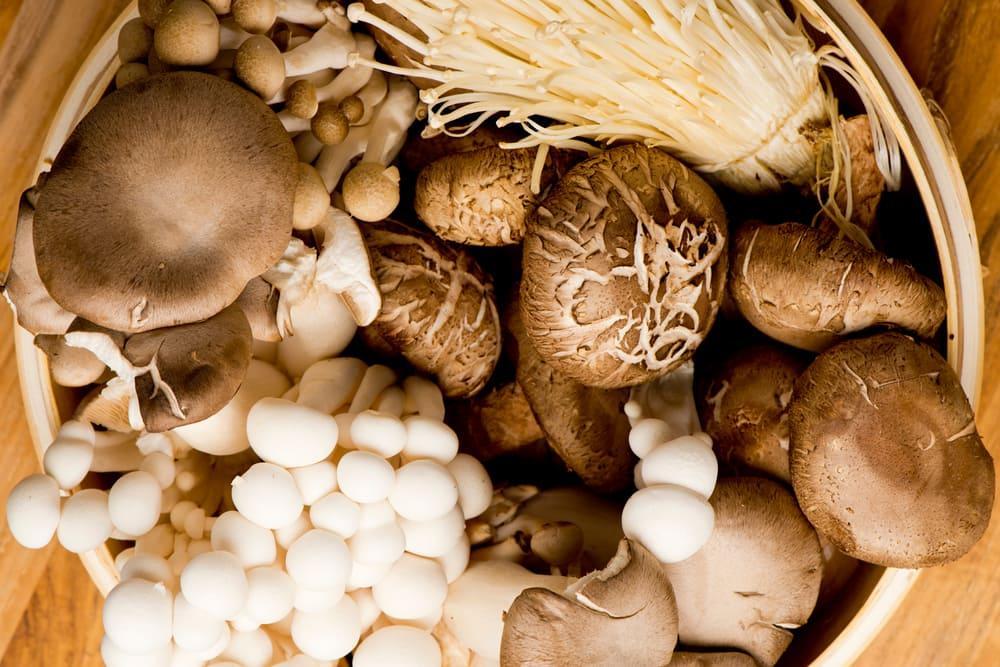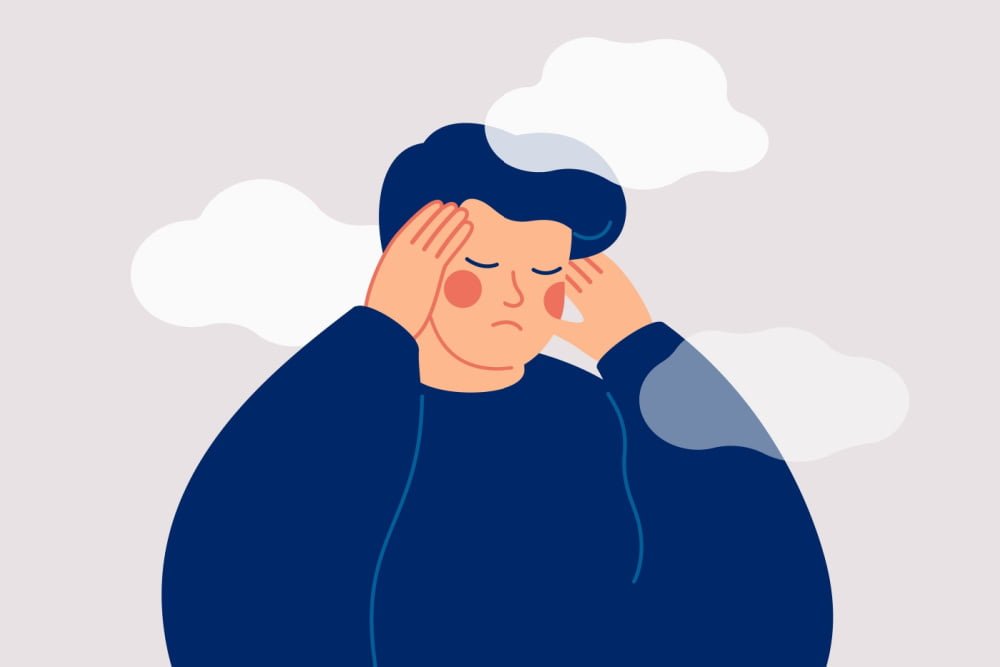Are Brussel Sprouts Good for Memory?
Science confirms brussel sprouts good for memory potential. Learn how to incorporate this powerful vegetable into your daily routine.
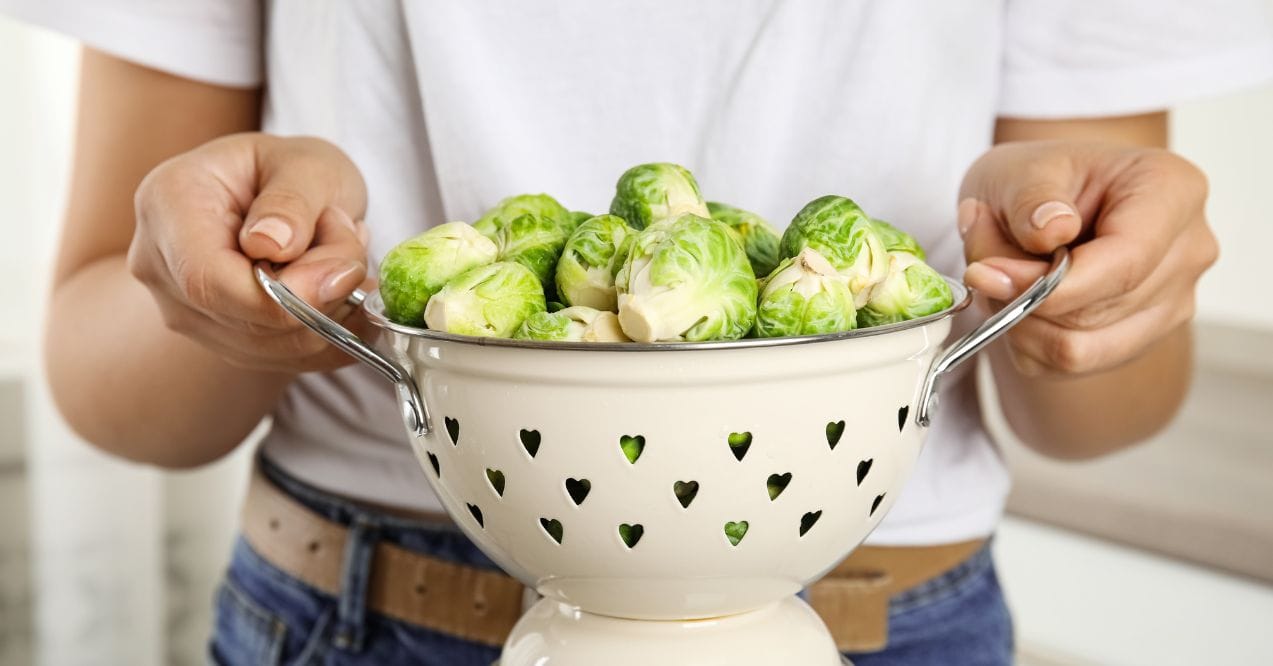

When exploring brussel sprouts good for memory benefits, these small green vegetables offer surprising advantages for cognitive wellness. As we age, maintaining sharp mental function becomes a central focus of our daily lives. Brussels sprouts have gained attention in recent years, joining the ranks of brain foods for seniors that can support cognitive vitality.
Why Are Brussel Sprouts Good for Memory?
The connection between brussels sprouts and brain function lies in their rich nutrient profile. These vegetables contain specific compounds that play vital roles in supporting cognitive processes:
- Vitamin K stands out as a primary nutrient in brussels sprouts, supporting cognitive function through its role in forming sphingolipids – specialized fats that maintain the structure of brain cells. A single cup of brussels sprouts provides over 100% of your daily vitamin K needs.
- Emerging research explores the role of glucosinolates in overall brain health, but more studies are needed. These substances help maintain cellular health in the brain, supporting memory formation and retention.
- The omega-3 fatty acids present in Brussels sprouts, while in smaller amounts than fatty fish, contribute to the maintenance of brain cell membranes. These fats play an essential role in how brain cells communicate with each other.
- Antioxidants in brussels sprouts, including vitamin C and flavonoids, help protect brain cells from oxidative stress that might affect memory function.
- Folate content supports cognitive processes by helping maintain healthy homocysteine levels, which plays a role in brain function.
What Nutrients Do Brussel Sprouts Have?
Brussels sprouts pack an impressive array of nutrients beneficial for overall health and cognitive function:
| Nutrient (per 100g) | Amount | % Daily Value* |
| Energy | 43 kcal | 2% |
| Protein | 3.38g | 7% |
| Total Carbohydrates | 8.95g | 3% |
| Dietary Fiber | 3.8g | 14% |
| Vitamin C | 85mg | 94% |
| Vitamin K | 177mcg | 148% |
| Folate | 61µg | 15% |
| Potassium | 389mg | 8% |
| Calcium | 42mg | 3% |
| Iron | 1.4mg | 8% |
| Magnesium | 23mg | 5% |
| Phosphorus | 69mg | 6% |
*Percent Daily Values are based on a 2,000 calorie diet for adults.
Beyond these nutrients, brussels sprouts contain antioxidants including kaempferol, which studies suggest may support brain health. They also provide modest amounts of omega-3 fatty acids, contributing to their role among brain foods for seniors.
How Often Should I Eat Brussel Sprouts?

For optimal brain health benefits, incorporating brussels sprouts into your meal plan 2-3 times per week provides a good balance. Here’s a practical approach:
- Start with small portions (4-6 sprouts) to assess how your body responds
- Gradually increase to a standard serving (1 cup cooked)
- Space out consumption throughout the week
- Consider seasonal availability for best quality and value
Meal Planning Tips
- Prepare a larger batch and reheat portions throughout the week
- Mix with other vegetables for variety
- Include them in your main meal rather than as a late-night snack
- Store properly in the refrigerator for up to 4-5 days
What Else Can I Do to Keep My Brain Sharp?
Maintaining a sharp mind as we age involves a multifaceted approach that encompasses physical activity, social engagement, proper nutrition, and targeted supplementation. Let’s explore some key strategies that can help you support your cognitive health and keep your brain functioning at its best.
1. Physical Activity

Regular physical activity plays a vital role in maintaining brain function. A daily walk of 15-30 minutes provides excellent benefits for both body and mind. Gentle stretching exercises help maintain flexibility while improving blood flow to the brain. Many communities offer senior-friendly fitness classes, which combine exercise with social interaction. Gardening and light yard work also provide meaningful physical activity while connecting with nature.
2. Social Activities

Social connections form another crucial aspect of brain health. Active participation in community groups provides regular interaction and mental stimulation. Regular family visits maintain strong emotional bonds and create opportunities for engaging conversations. Group activities, whether educational or recreational, combine social interaction with mental engagement. Sharing meals with friends not only nurtures relationships but also promotes mindful eating habits.
3. Nutrition and Supplementation
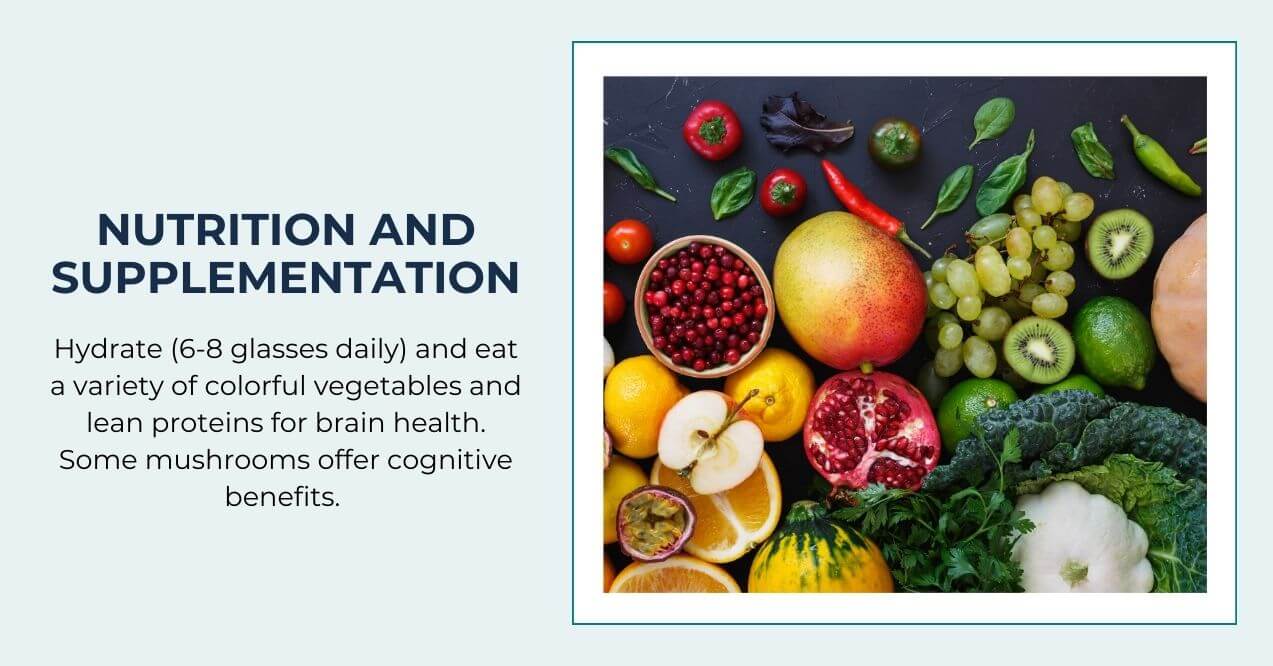
Good nutrition extends beyond Brussels sprouts to include several key dietary practices. Staying properly hydrated throughout the day supports optimal brain function – aim for 6-8 glasses of water daily. A varied diet rich in colorful vegetables provides diverse nutrients essential for cognitive health. Including lean proteins supports overall brain function and helps maintain muscle mass. Some people also find success incorporating the best mushrooms for brain health into their diet, as they offer unique cognitive benefits.
While a healthy diet forms the foundation, modern lifestyles and food quality might leave nutritional gaps. When mental clarity becomes a concern, exploring the best supplements for brain fog and overall supplements for brain and mental health might make a difference. Ageless Brain supplement offers a natural ingredient solution, combining traditional wisdom with modern research. This advanced formula includes natural ingredients that could complement brain foods for seniors, supporting memory, focus, and overall cognitive function. Each capsule delivers a precise blend of vitamins and minerals that are known to support aging brains.

Key Takeaways
Brussels sprouts good for memory function through their rich nutrient profile make them a valuable addition to any senior’s diet. Their combination of vitamins, minerals, and antioxidants supports overall brain health while providing additional benefits for the entire body.
Brussels sprouts contain high levels of fiber and nutrients that support digestive health and energy levels. Their vitamin C and antioxidants might improve mood, while their natural compounds help reduce inflammation and support overall wellbeing.
Consuming Brussels sprouts daily is generally fine for most people. However, start with small portions and monitor your body’s response. The high fiber content might cause digestive adjustment initially. Space out servings throughout the week.
Both vegetables offer similar health benefits. Brussels sprouts contain more vitamin K and iron, while broccoli provides more calcium and vitamin A. Including both in your diet gives you complementary nutritional advantages.
Frozen Brussels sprouts maintain most of their nutritional value since they’re frozen at peak freshness. While texture might differ slightly, they provide similar health benefits and can be more convenient and cost-effective.
Excessive consumption may cause bloating and gas due to high fiber content. Those on blood-thinning medications should monitor intake due to vitamin K levels. Some people might experience digestive discomfort if portions are too large.
Sign up for our Healthy Living newsletter!
Advertisement. This site offers health, wellness, fitness and nutritional information and is designed for educational purposes only. You should not rely on this information as a substitute for, nor does it replace, professional medical advice, diagnosis, or treatment. If you have any concerns or questions about your health, you should always consult with a physician or other health-care professional. Do not disregard, avoid or delay obtaining medical or health related advice from your health-care professional because of something you may have read on this site. The use of any information provided on this site is solely at your own risk.
